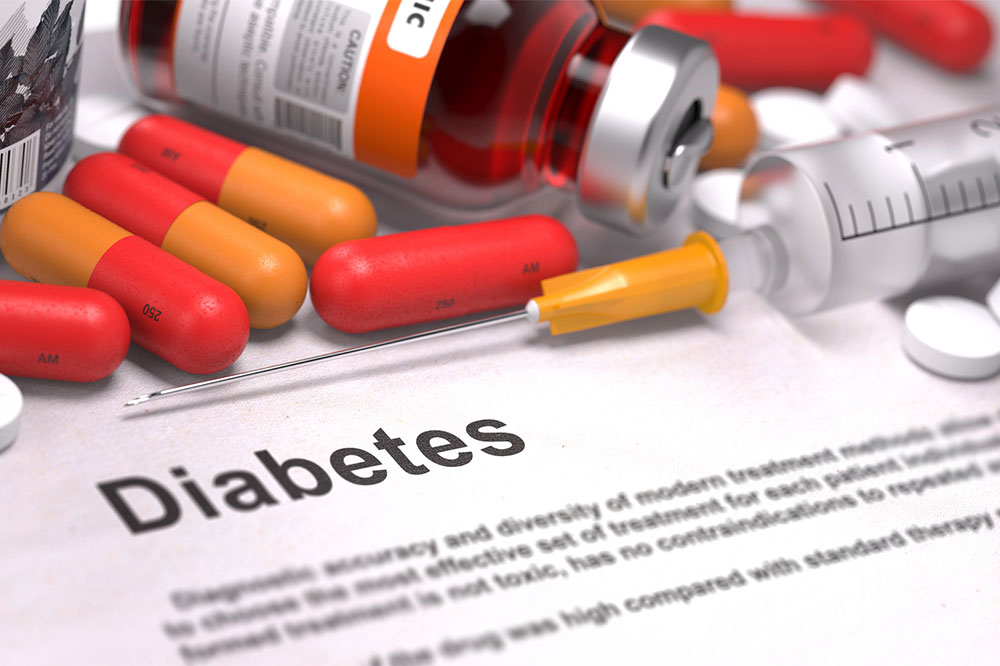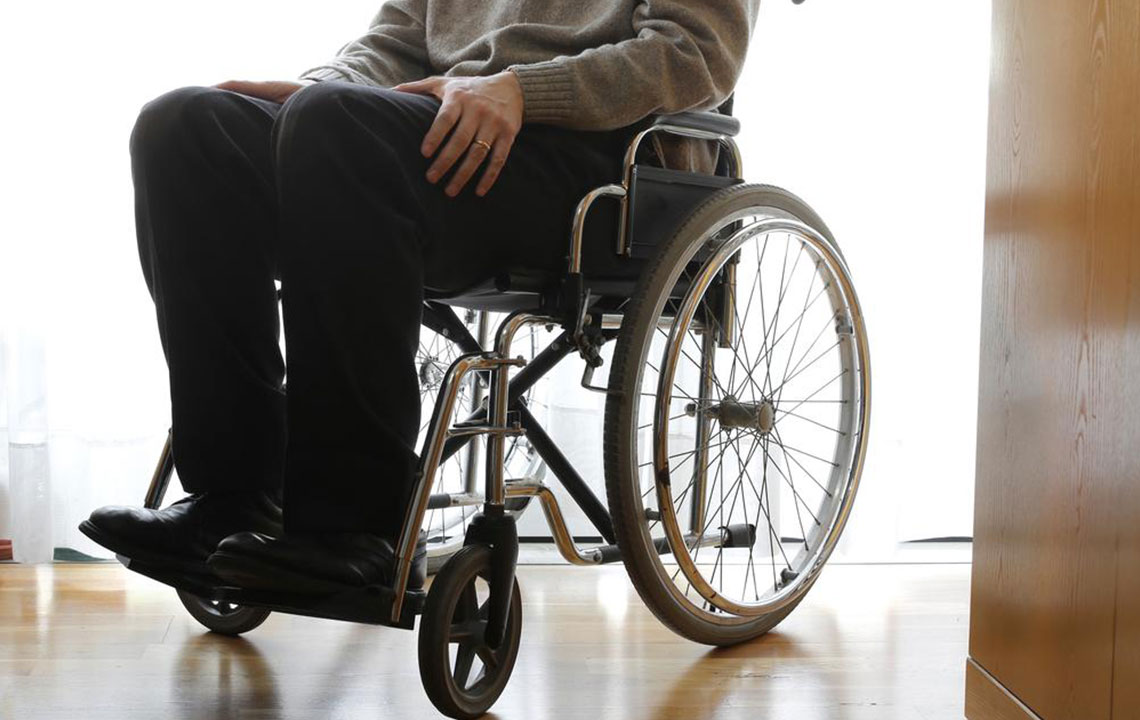Effective Strategies for Managing Type 2 Diabetes
This article explores effective strategies for managing type 2 diabetes, emphasizing lifestyle changes such as regular monitoring, physical activity, balanced nutrition, sleep, stress reduction, and safe home remedies. These approaches support blood sugar control and overall health, complementing medical treatments to improve quality of life for individuals living with the condition.
Effective Strategies for Managing Type 2 Diabetes
Type 2 diabetes is a chronic condition where the body's ability to use insulin effectively is impaired, leading to elevated blood glucose levels. According to the CDC, about 10% of Americans have diabetes, most of whom have type 2. Alongside prescribed medications, various lifestyle modifications and alternative approaches can help control this condition effectively.
Key Management Approaches
Monitor Blood Glucose Regularly
Keeping close track of blood sugar levels is vital. Monitoring helps evaluate how diet, activity, and treatments are working and allows healthcare providers to adjust medications accordingly. Patients typically use a blood glucose meter at home, checking once or twice daily, or more if needed. Those with stable levels may check less frequently.

Stay Physically Active
Regular exercise is a cornerstone in diabetes management. It helps lower blood sugar, maintain a healthy weight, and improve mood and stress resilience. Both aerobic activities like walking, swimming, biking, and running, and resistance training such as weightlifting, yoga, or calisthenics are beneficial. Adults should aim for at least 150 minutes of moderate activity weekly, including 2-3 resistance sessions.
Eat Nutritious, Balanced Meals
While no diet cures diabetes, consuming a variety of nutrient-rich foods supports control. Focus on whole grains (brown rice, oats, quinoa), fruits and vegetables (apples, oranges, spinach), fatty fish (salmon, mackerel), lean proteins (chicken, turkey), legumes, and nuts. Regular meal timing, proper portion sizes, and healthy snacks contribute to stable blood sugar levels.
Avoid Certain Foods
Limit intake of foods that cause blood sugar spikes. These include trans fats (french fries, baked goods), sugary drinks and sweets, processed meats, saturated fats (coconut and palm oil), and high-salt foods. Reducing these helps maintain balanced glucose levels and overall health.
Prioritize Quality Sleep
Good sleep quality and duration influence blood sugar control and A1C levels. Establish consistent sleep routines, avoid caffeine after noon, and create a restful environment. Improving sleep helps lower the risk of complications associated with diabetes.
Manage Stress Effectively
Stress can worsen blood sugar control by triggering hormone responses. Techniques like yoga, meditation, tai chi, and deep breathing can reduce mental stress. Consistent practice of relaxation methods supports overall well-being and disease management.
Home Remedies as Complementary Measures
Natural remedies may assist in managing blood sugar. Aloe vera gel, rich in phytosterols, can promote glucose utilization—consumed as juice or added to smoothies. Apple cider vinegar (2 tablespoons before sleep or with meals) can help lower fasting sugars and reduce the glycemic impact of meals. Always consult a healthcare provider before starting new remedies.
Note:
Our content offers helpful information across various topics. However, it is not a substitute for professional medical advice. Readers should consult healthcare professionals for personalized treatment plans. The website cannot be responsible for discrepancies or inaccuracies in supplementary information or offers.










